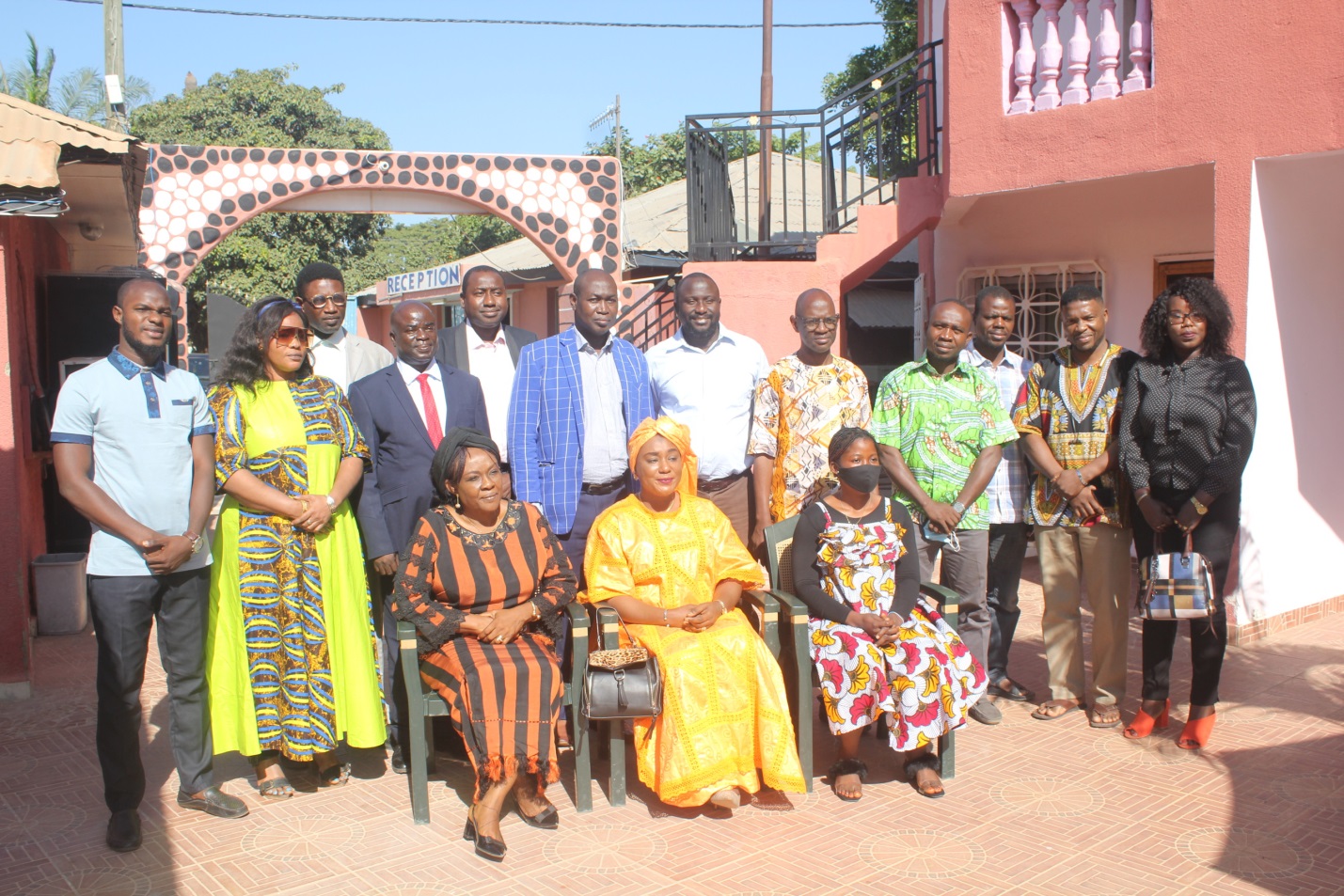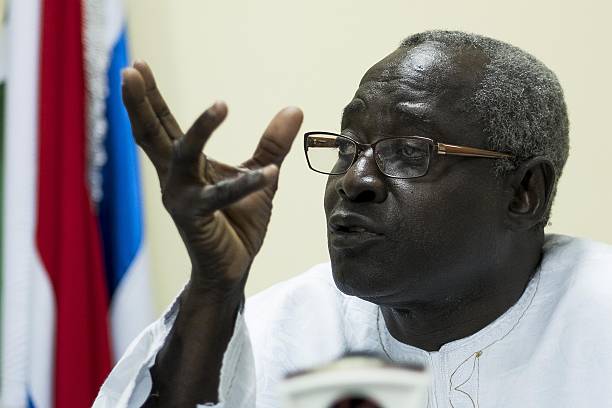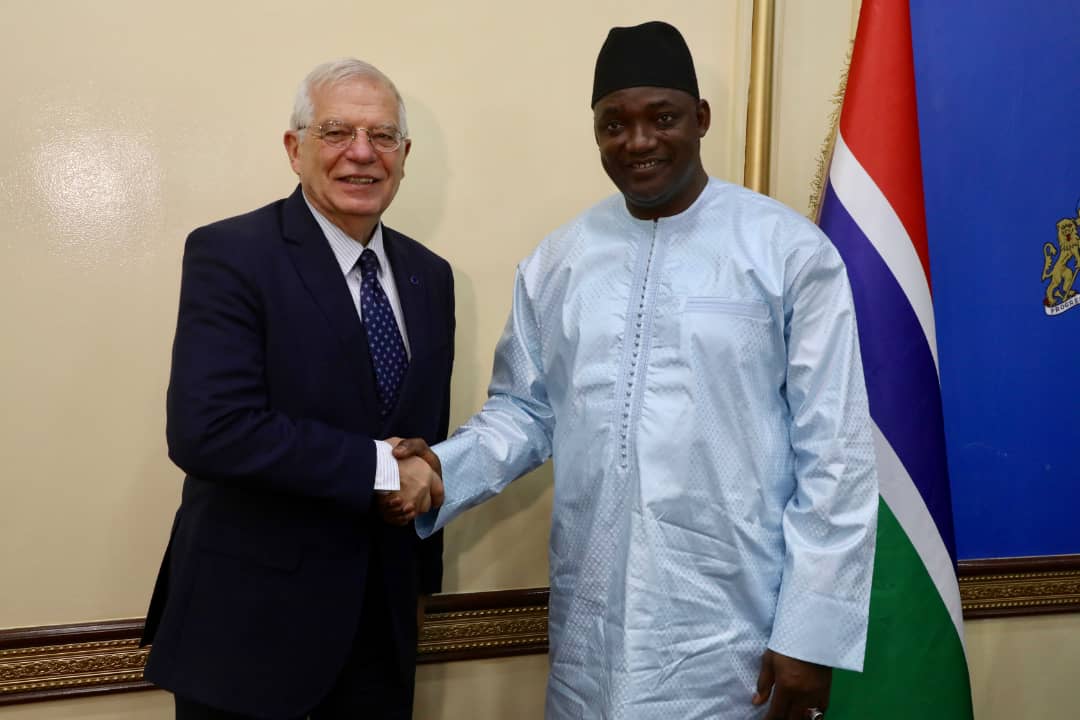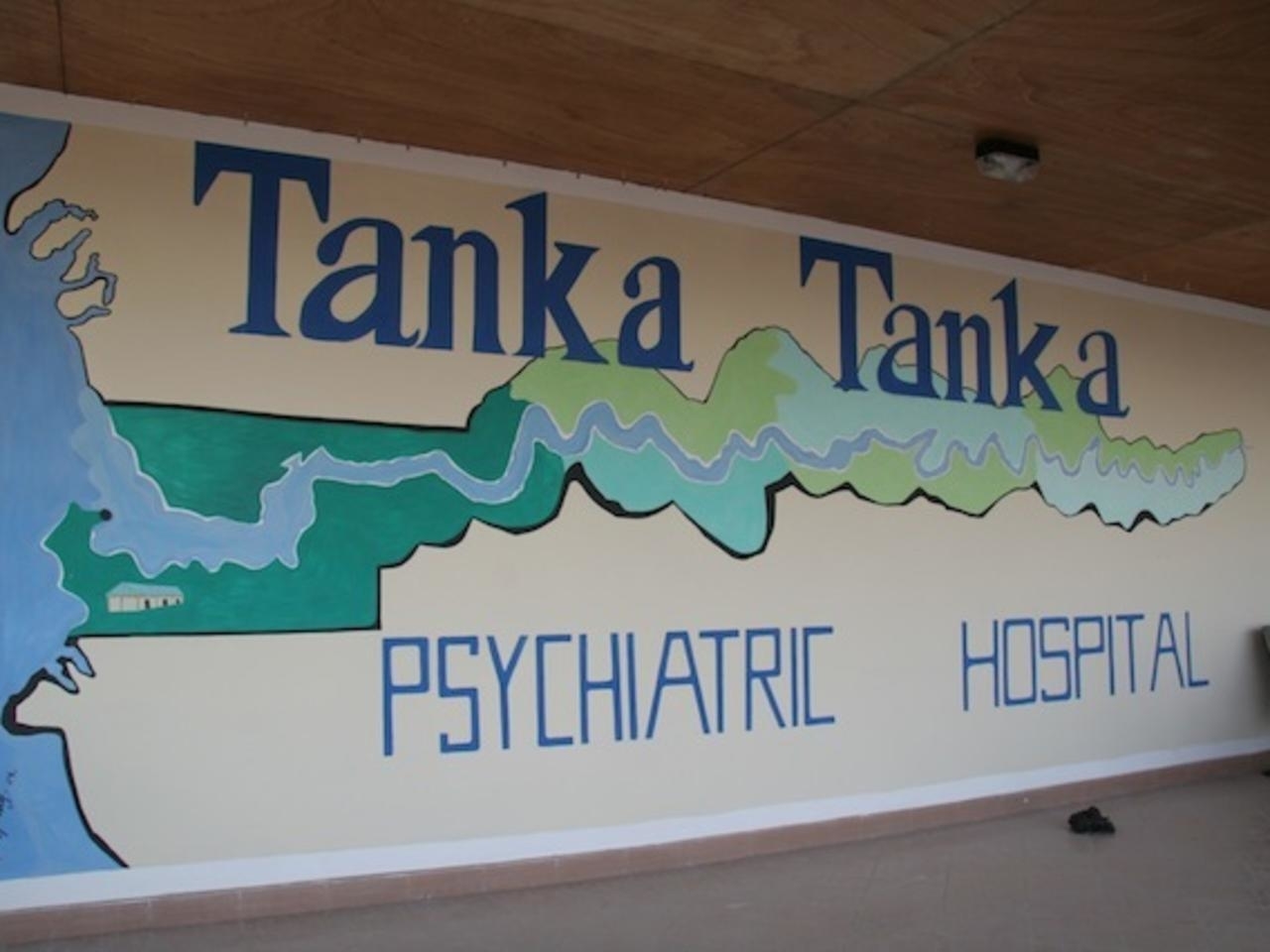By Landing Colle
The members and representatives of Education, Science and Culture of the ECOWAS, Thursday, 10th December converged in Banjul to discuss the Regional Cultural Policy and its Action Plan and as well as the ECOWAS 2019-2023 Action Plan on the Return of African Cultural Property to their Countries of Origin.
The meeting was used to present to the various representatives of the member states the content of the two recently adopted guidance documents; and also allow different actors to appropriate the content and got inspired by it in their various strategic directions for cultural development.
Declaring the Sessions open on behalf of the Minister of Tourism and Culture was Kodou L Jabang-Senghore, Permanent Secretary MoTC. She said the meeting was of triple significance as all the themes are relevant to the development of the culture and heritage sector in the ECOWAS space.
She noted that the ECOWAS Cultural Policy Action Plan 2020-2022 seeks to chart the course for the smooth flow of cultural and heritage development and value adding plans for the region.
“This is vital if we are to see culture and heritage in the same lens as science and technology as far as bringing development and regional cooperation is concerned,” she informed members.
PS Senghore went on that the Action Plan seeks to harness the various synergies in the culture and heritage sectors in the ECOWAS space to add value to their identities as a people, boost tourism and also create jobs and hope for member states youth.
She explained that the segment on return of looted cultural items in Western museums is also of great interest “as we in The Gambia like all other ECOWAS Countries suffered from such illegal movement of heritage objects out to Europe during colonial rule.”
She explained further that in the Gambia and other countries in the region have since 2017 sought to strengthen the heritage and culture sector after decades neglect
“Not only has the power and significance of culture and heritage recognized in the National Development Plan (NDP) 2018-2021 of the government of President Adama Barrow seeing it as a priority area of development but my Ministry has successfully seen the increment in the annual subvention of the NCAC.,” she disclosed
She therefore conveyed her Ministry’s appreciation to the ECOWAS Commission ably represented by the culture officer Dr. Zida Emile for selecting The Gambia to host the important meeting.
Speaking on behalf of the ECOWAS Commissioner for Education, Science and Culture, Prof Leopoldo AMADO, Dr. Raguidissida Emile, Head of Division, Culture said the adoption of the ECOWAS Cultural Policy came at a crucial time of great challenges for Africa as a whole.
According to recent international data, he said the contribution of culture and cultural industries to development continues to increase, but this is especially proven in Western countries.
“Indeed, the cultural industries would already contribute 7% to the world Gross National Product before 2002, thus creating jobs comparable to those in Agriculture in some countries. In OECD countries, these cultural industries employ between 3 and 5% of the working population. In countries like the United States or Canada, from the point of view of their economic weight, they are part of the strategic sectors, attracting greater attention from the authorities,” he disclosed.
He went further that in Africa, culture is poorly represented in national budgets. “Of course, official speeches give it a royal place but the reality on the ground makes this ministerial department one of the most neglected and yet it is recognized that it is a factor of acceleration and creation of direct and indirect jobs,” he confirmed.
He disclosed that the documents discussed at were adopted by the Council of Ministers and endorsed by the Head of State in December 2019. “These are the Regional Cultural Policy and its action plan, as well as the 2019-2023 ECOWAS Action Plan for the return of African cultural property to their countries of origin.”
He encouraged members to in turn have information sessions on the content of these documents when they get back to their countries “it is therefore up to you to know the content of these for the appropriation process that you are going to lead.”
Hassoum Ceesay Director of National Center for Art and Culture expressed delight as host country saying “This is very important for us as National Center for Arts and Culture to host information session of the ECOWAS regional policy and the action plan on the return of cultural heritage for the English speaking countries under ECOWAS.”
He added that it is important for them to consider as all West Africa countries stand to gain on how they can get back their cultural artifacts back.




